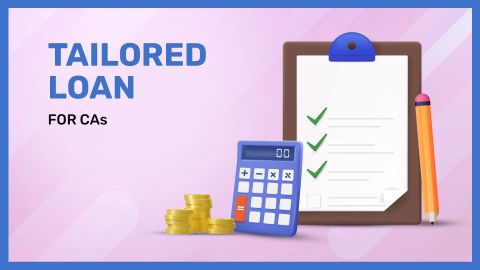Role of a government auditor
A government auditor has multiple responsibilities, which include:
- Ensuring financial accountability: Verifying that government funds are utilised correctly.
- Conducting audits: Examining financial records of government entities to detect fraud, errors, or mismanagement.
- Compliance checks: Ensuring that public sector organisations adhere to financial laws and policies.
- Providing recommendations: Suggesting ways to improve financial efficiency and eliminate wastage.
- Identifying fraud: Investigating financial irregularities and reporting discrepancies.
- Evaluating financial performance: Assessing the effectiveness of government schemes and expenditure.
Educational requirements for government auditors
To become a government auditor, you need to meet specific educational qualifications, including:
- Bachelor’s degree in commerce, finance, or accounting: A degree in these fields is the basic requirement.
- Chartered Accountancy (CA) or Cost Accountancy (CMA): Professional accounting qualifications can enhance job prospects.
- Master’s degree in finance or auditing: Some government roles may require postgraduate qualifications.
- Government exams: Clearing exams like the SSC CGL (Staff Selection Commission Combined Graduate Level) or UPSC can help you secure a government auditor position.
Required skills to become a government auditor
To succeed as a government auditor, you must have the following skills:
- Analytical skills: Ability to evaluate financial records and identify inconsistencies.
- Attention to detail: Ensuring accuracy in auditing processes and reports.
- Knowledge of tax laws and regulations: Understanding financial policies and compliance requirements.
- Problem-solving abilities: Identifying and resolving financial irregularities.
- Strong communication skills: Reporting findings clearly to government officials.
- Technical proficiency: Familiarity with auditing software and financial tools.
Steps to become a government auditor
If you want to become a government auditor, follow these steps:
- Step 1: Obtain a relevant degree
- A bachelor's degree in commerce, finance, or accounting is the first requirement.
- Step 2: Gain professional certification
- Qualifying as a Chartered Accountant (CA) or Cost Accountant (CMA) can increase your chances.
- Step 3: Prepare for government exams
- Appear for exams like SSC CGL, UPSC, or State Public Service Commission exams.
- Step 4: Get practical experience
- Working in financial firms or as an internal auditor can provide valuable experience.
- Step 5: Apply for government audit positions. Once you meet the eligibility criteria, you can apply for vacancies in government departments.
- Step 6: Keep updating skills
- Continuous learning through certifications and training in financial auditing can help in career growth.
Future of government auditor
The demand for government auditors is expected to grow as financial regulations become stricter. With increasing focus on transparency, accountability, and fraud detection, government auditors will continue to play a crucial role. Emerging technologies like AI, blockchain, and data analytics are also reshaping the auditing profession, making it more efficient and data-driven.
Conclusion
A government auditor ensures that public funds are used effectively, playing a key role in maintaining financial discipline. If you are interested in finance, auditing, and public service, this can be a rewarding career choice. By meeting the necessary educational qualifications, acquiring relevant skills, and clearing government exams, you can establish yourself in this field.
If you're pursuing a career in auditing, financial support can help you achieve your goals. A CA loan from Bajaj Finance can provide the necessary funds for education, exam preparation, or setting up your own audit firm.
Explore Other Related Accounting / Finance Careers & Roles





